Family is not a more biological unit for a living society but also an important determinant of a harmonious society and progressive change. Good and peaceful families make better society and better societies contribute towards making a great nation. Development, codifivation and due interpretation are the imperatives for ensuring strong familial ties which is sine-uo-non for a healthy and progressive society and to make the state increasingly strong. The book "Muslim Laws in India: Contemporary Issues and Challenges" is collection of essays about legal status relating to personal matters of Muslim families in India. Family laws are one of the major areas for law academics as well as practitioners. Therefore, ever modernizing thoughts and always evolving innovative legislative mechanisms have been changing the contours of family laws convincing the teachers of family laws that it is indeed an ever growing subject in the arena of social science. Accordingly, the editor made an endeavour to motivate the teachers and students who are involved with the teaching and resolving the issues pertaining Muslim Personal Laws at different centres of legal education tomake their contributions keeping in mind the innovations within the area.
The book is divided into Five Parts Keeping in mind the five broad themes within the Personal Laws. Each of the parts is futher classified on the basis of various dimensions of family affairs of day-to-day life of Indian Muslims. Chapters in First part are about basic principles of Islam relating to family matters and Islamic jurisprudence with the present view of human right. Chapters in the Second part are related to frequently debated issues of Muslim laws and in true sense is the basic theme of family laws for every religion. Maintenance have been discussed here in the light of interpretation of legal doctrines. Third Part deals with another vital issuse for every family law which is alienation of properties. Apart from succession law for inheritance of property, various issues of gifts have also been discussed here. Another unique feature of Muslim law for detention of property in the name of Waaf has been analysed through the Chapters. Fourth Part shall be the most relevant as here authors have expressed their concepts about social, legal and consitutional questions on the Uniform Civil Code. Fifth Part is about issues of contemporary society relating to reservation policy, gender justice with its interface of international importantance like burqa ban, and other relevant issues for socio-legal studies are the major highlights of this part.
The book is being brought into existence as a text book for under-graduate and Post-graduate students of law as well as with a view to help enthusiastic students of Muslim Family Law as a reference book In India, Muslim population has constituted and important part of our society. So to understand our society more accurately, holistically and to know the basic tenets of Islamic family system, this book will be tremendously and to know the basic tenets of Islamic family System. this book will be tremendously helpful for students, researchers and all the civilized people who want to sustain peace and harmony in this subcontinent by addressing the issues pertaining to Muslim Personal Law.

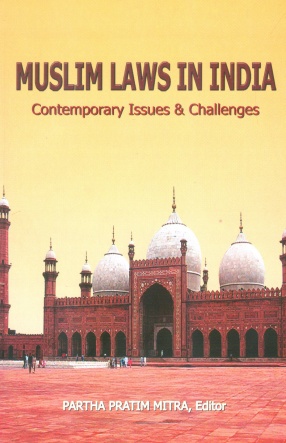
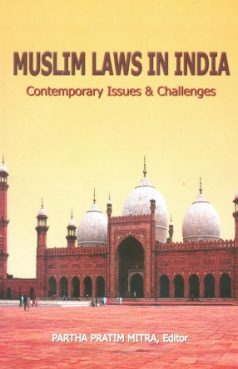
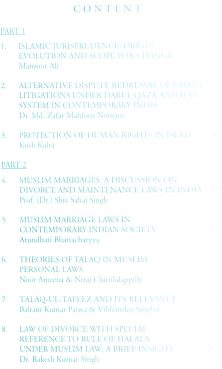
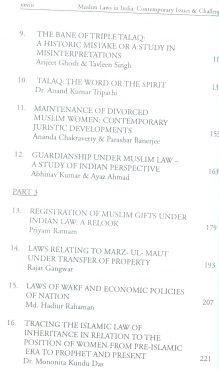
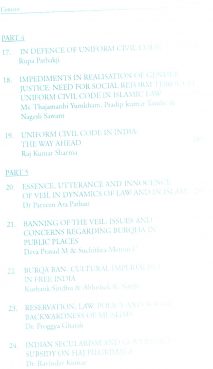

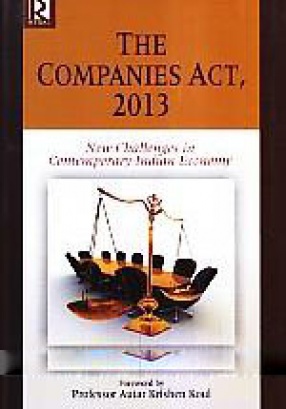
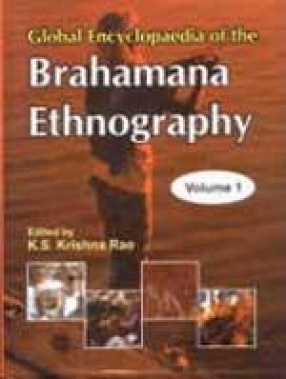
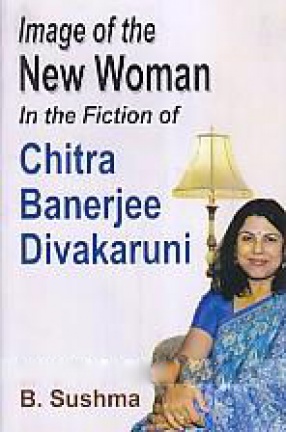
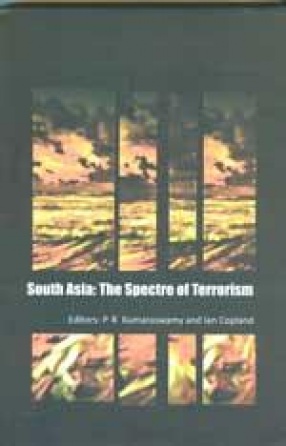
There are no reviews yet.